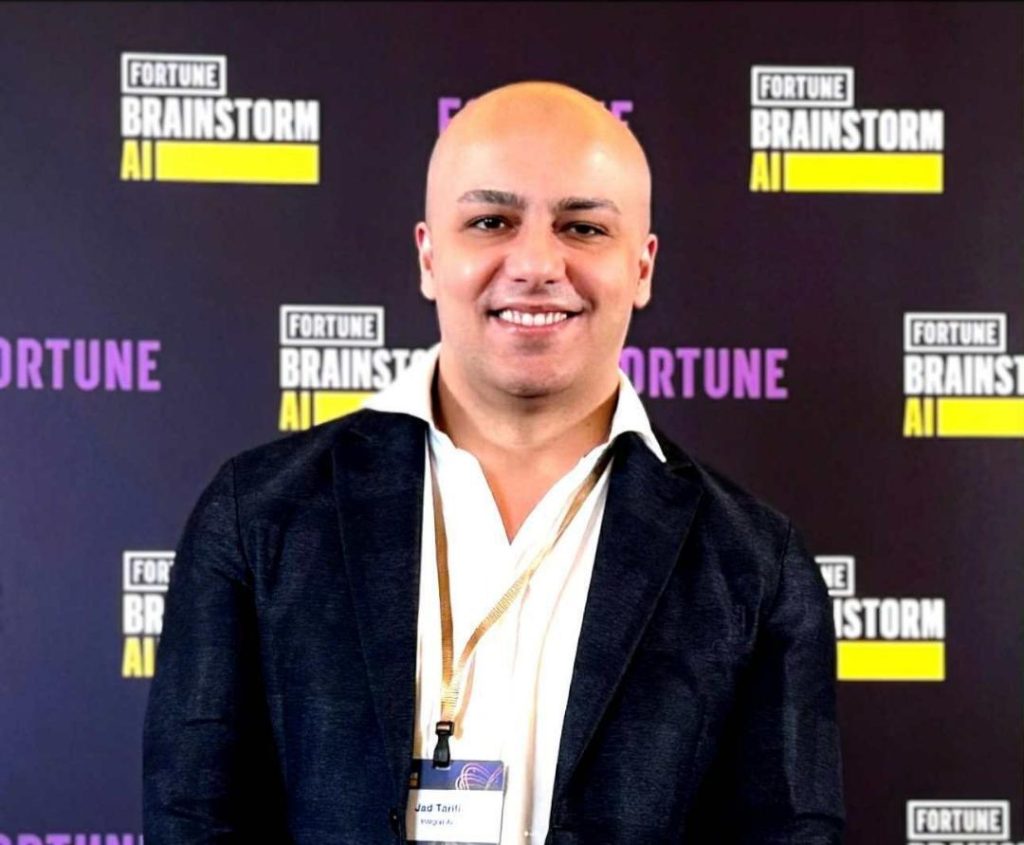
Don’t get a PhD just to cash in on AI hype: Ex-Google AI exec
Artificial intelligence (AI) has been making headlines in recent years, with its potential to transform industries and revolutionize the way we live and work. As a result, many students are considering pursuing a PhD in AI, hoping to capitalize on the hype and land a high-paying job in the field. However, according to Jad Tarifi, a former Google AI engineer, this approach may not be as lucrative as they think.
In a recent interview, Tarifi warned that AI itself is likely to be obsolete by the time students finish their PhD, and that the field is becoming increasingly saturated. He advised students to instead focus on niche areas within AI, such as AI for biology, which is still in its early stages.
Tarifi’s comments are a sobering reality check for students who are considering pursuing a PhD in AI. With the increasing demand for AI talent, it’s no wonder that many students are eager to jump on the bandwagon. However, Tarifi’s experience working at Google, one of the world’s leading AI research institutions, provides a unique perspective on the field.
AI is a rapidly evolving field, and it’s true that the technology is advancing at an incredible pace. However, this doesn’t necessarily mean that a PhD in AI is the best way to cash in on the hype. In fact, Tarifi argues that the field is becoming increasingly specialized, and that students who are not already established in the field may struggle to make a meaningful contribution.
Moreover, the job market is also becoming increasingly saturated with AI talent. According to a report by Glassdoor, the demand for AI professionals is expected to increase by 34% by 2024, but the supply of qualified candidates is also increasing at a rapid rate. This means that students who are entering the job market may find themselves competing with a large number of highly qualified candidates for a limited number of jobs.
So, what does Tarifi recommend instead? He advises students to focus on niche areas within AI, such as AI for biology, which he believes is still in its early stages. AI has the potential to revolutionize the life sciences, and students who are interested in pursuing a career in this field may find themselves with a wide range of job opportunities.
Tarifi’s comments are also a reminder that a PhD is not the only path to a successful career in AI. Many students who are interested in pursuing a career in AI may find that a master’s degree or even a certification program is sufficient to get their foot in the door.
In conclusion, while AI is an exciting and rapidly evolving field, students who are considering pursuing a PhD in AI would do well to think carefully about their motivations. As Tarifi’s comments suggest, the field is becoming increasingly saturated, and students who are not already established in the field may struggle to make a meaningful contribution.
Instead, students who are interested in pursuing a career in AI may find that focusing on niche areas within the field, such as AI for biology, is a more promising approach. Additionally, a master’s degree or certification program may be sufficient to get their foot in the door.
Ultimately, the key to a successful career in AI is not just about getting a PhD, but about finding a niche area that you are passionate about and that aligns with your skills and interests. By doing so, you will be well-positioned to take advantage of the many job opportunities that are emerging in this exciting and rapidly evolving field.
Source:
https://www.newsbytesapp.com/news/science/ai-expert-says-dont-get-phd-in-ai/tldr






